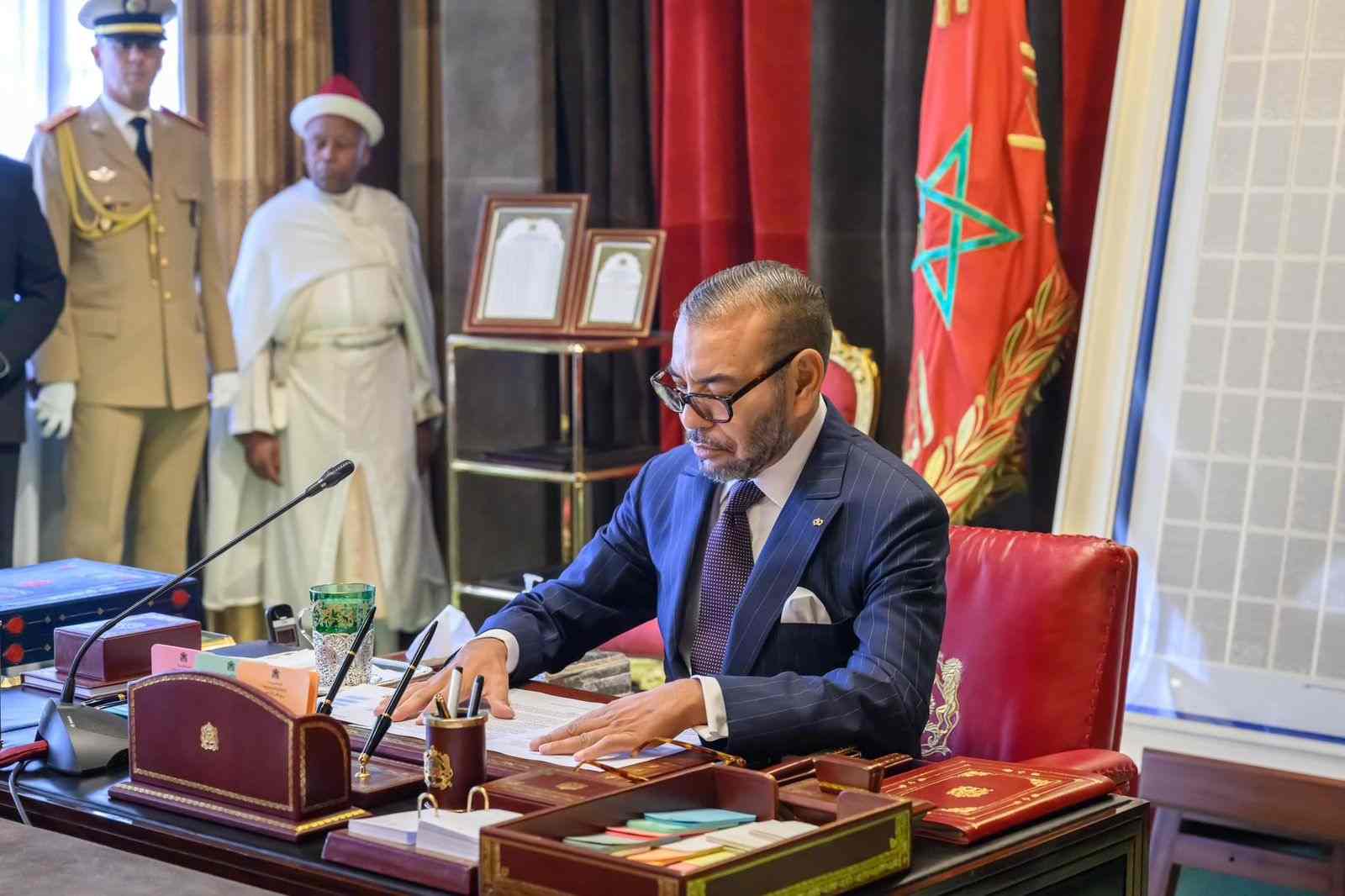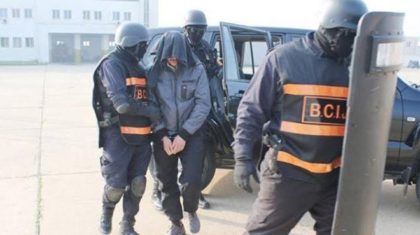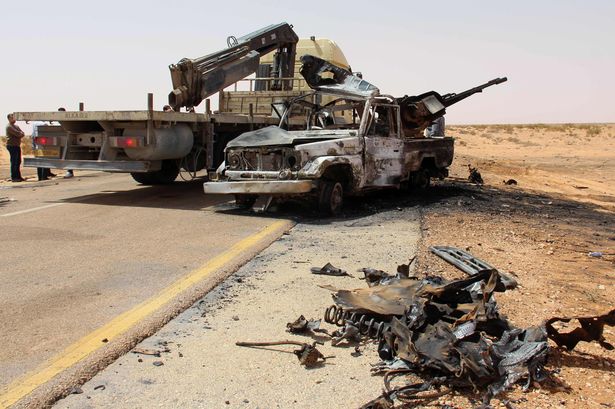King Mohammed VI chaired this Wednesday at the Royal Palace in Rabat, a Council of Ministers to review preparations for the 2030 World Cup to be hosted by Morocco, Spain & Portugal, and set priorities for co-hosting this major global sporting event.
At the start of the Council’s meeting, Mr. Fouzi Lekjaa, Minister Delegate in charge of the Budget and Chairman of the 2030 World Cup Committee, made a presentation on the progress of the Kingdom’s preparations to host this international sporting event.
The official provided an overview of the various stages achieved in Morocco’s bid, tracing its progress since the King announced on March 14, 2023, from Kigali, the joint candidacy with Spain and Portugal to host the 2030 World Cup.
He also highlighted the Sovereign’s announcement to the Moroccan people on October 4, 2023, regarding FIFA’s Council’s unanimous decision to select the Morocco-Spain-Portugal bid as the sole candidacy, which sparked an extraordinary mobilization to prepare a bid dossier fully aligned with FIFA’s specifications and requirements.
The Minister said this tripartite bid submitted to FIFA on July 29, 2024 is the fruit of a strong and unprecedented mobilization by the working groups created at the level of ministerial departments, public institutions, companies, and local authorities concerned.
FIFA’s evaluation report on the bid, published on November 29, 2024, awarded an outstanding score, far exceeding the stipulated requirements. This remarkable achievement sets the stage for the Morocco-Spain-Portugal bid to be officially awarded the hosting rights for the 2030 World Cup during the upcoming extraordinary FIFA Council Congress.
To rise up to the challenge of an organization that lives up to the aspirations of the King, Fouzi Lekjaa said an expanded committee will be established, which includes representatives from civil society, Moroccan expatriates, and African talents.
The mobilization will be further reinforced through coordinated efforts with all stakeholders to expedite the execution of strategic and structuring projects relating to hosting this global event.
These projects include upgrading stadiums, expanding and renovating airports in the six host cities, enhancing road infrastructure and intra-urban networks, developing hotel and commercial infrastructures, strengthening and modernizing medical services, telecom networks and launching a comprehensive training program to strengthen the skills of young people.
At the end of his address, the Minister said that the 2030 World Cup will not only be a sporting event, but also a unique opportunity to accelerate the growth momentum of the national economy over the next few years, create more job opportunities, boost the country’s tourist appeal and promote the universal values of peace, unity and sustainable development.
Afterwards, the Council of Ministers approved six international conventions, of which four are bilateral and two are multilateral, aimed at strengthening cooperation and partnership ties between Morocco and several friendly and brotherly countries, as well as reinforcing its continental and international positioning.
The bilateral conventions focus on enhancing cooperation with several friendly European countries and address the mutual recognition of driving licenses, cooperation in criminal justice matters, and the improvement of efficiency in combating cross-border crime, as well as military and technical cooperation.
The two multilateral conventions are related to offences and certain other acts occurring on board aircraft, and the Charter on creating the Digital Cooperation Organization.
On the proposal of the Head of Government and at the initiative of the Minister of Energy Transition & Sustainable Development, the King has appointed Zouhair Chorfi Chairman of the National Electricity Regulatory Authority.
In this regard, the Monarch has given his instructions to consider a far-reaching reform of this body in order to transform it into a regulatory authority for the energy sector, by revising its respective law, broadening its scope to include, other than electricity, all the components of the energy sector.
These include natural gas, new energies such as hydrogen and its derivatives, as well as production, storage, transport and distribution, in order to keep pace with the maturity that the energy sector has reached in the Kingdom, and to be in line with international best practices in this field.



